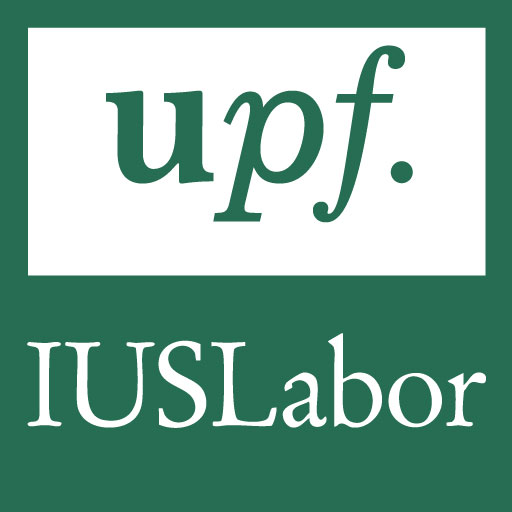Abstract
The suspension of the leave due to birth of a child envisaged to date in Art. 37.3.b) ET has given rise to an interesting debate on the validity of various clauses introduced into numerous collective wages agreements which included and, in many cases, improved on the aforementioned leave due to the birth of a child and, in particular, on whether these clauses were no longer valid following Royal Decree-Law 6/2019 or whether, on the contrary, the workers could still resort to them to enjoy the leave due to the birth of a child, before enjoying the corresponding suspension of the contract envisaged to this end for the other parent. The Supreme Court tackles this issue for the first time precisely in the judgement of 27 January 2021 to which this comment refers.
Rights

This work is licensed under a Creative Commons Attribution-NonCommercial-NoDerivatives 4.0 International License.
(c) IUSLabor. Revista d'anàlisi de Dret del Treball, 2021
Copyright
IUSLabor is an open access journal, based on the idea that making research available to the public openly and free of charge favors the global exchange of knowledge.
Consequently, all content is freely available, free of charge to users and their institutions. Users can read, download, copy, distribute, print, search or link the full texts of the articles in this journal without prior permission from the Editorial Committee or the author of the article, provided their authorship is acknowledged.
In this sense, IUSLabor uses the Creative Commons Attribution-NonCommercial-NoDerivative 4.0 International license (CC BY-NC-ND 4.0).
Authors grant, in a non-exclusive way, rights of reproduction, publication, distribution, public communication and transformation of their work for publication in IUSLabor and for inclusion in the databases in which the journal is indexed.
Likewise, authors authorize that their article be published with a Creative Commons Attribution-NonCommercial-NoDerivative 4.0 International license (CC BY-NC-ND 4.0).
Authors are allowed and encouraged to disseminate their work published in IUSLabor (for example, on institutional repositories, personal websites or social media), always referring to their publication in IUSLabor.


